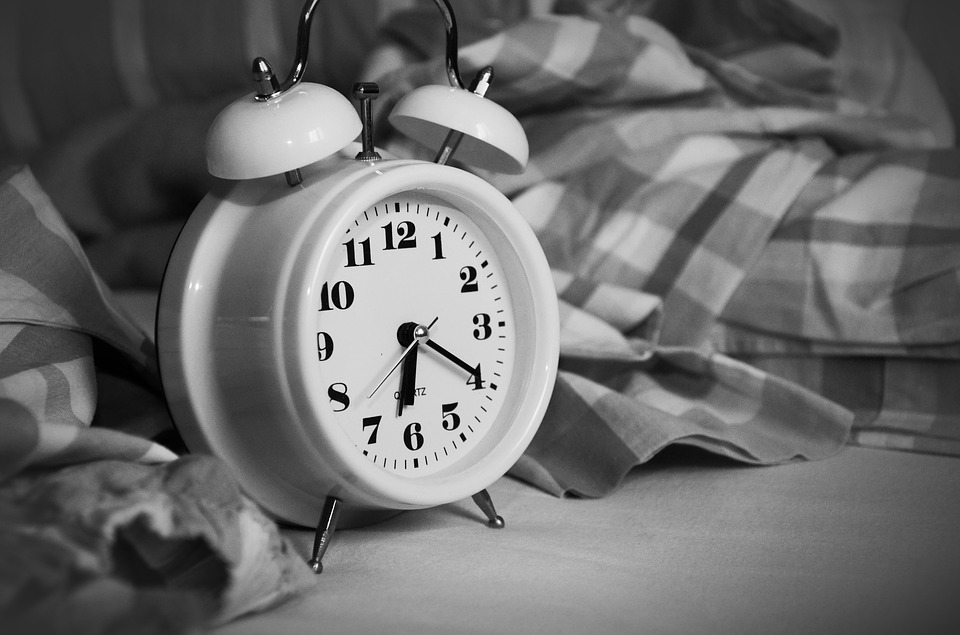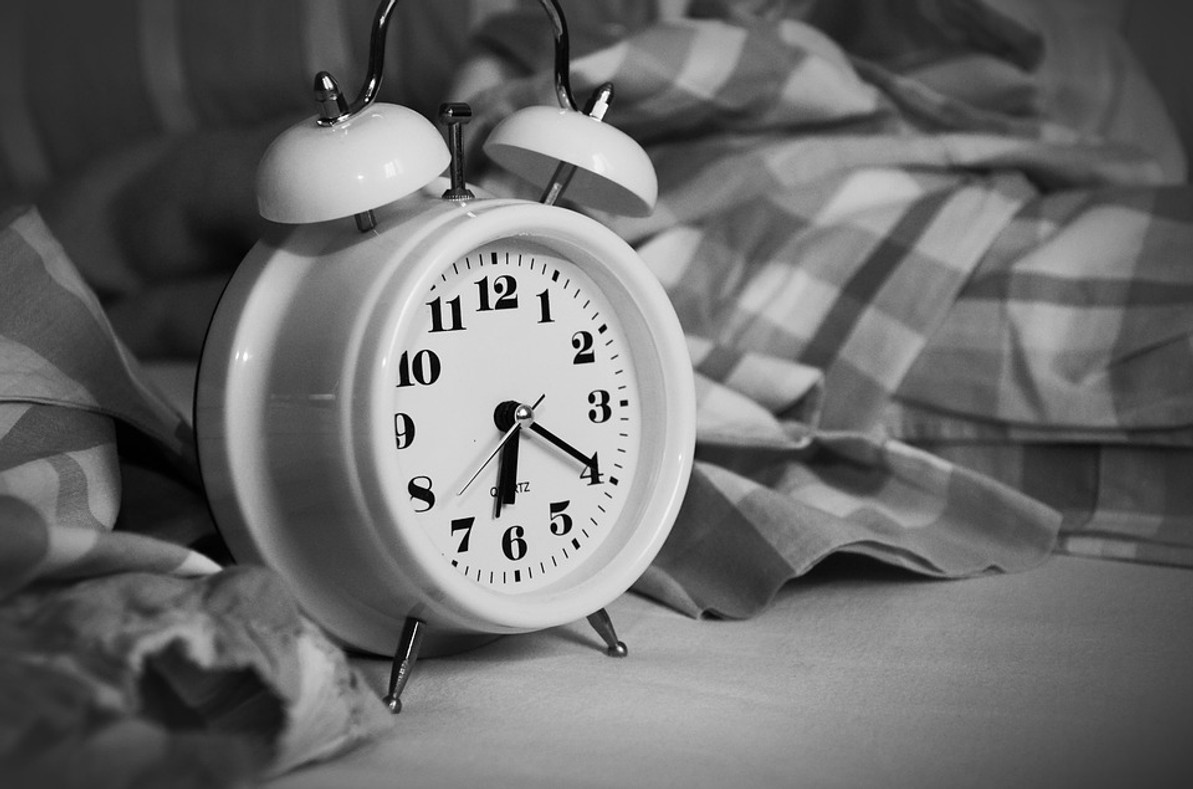Study: Circadian Rhythm Linked to Mental Wellness

Our bodies have an internal clock that's designed to regulate our day-night sleep cycles. Known as the circadian clock, it plays an important role in our ability to fall asleep and stay asleep. However, a new study has found that people with a disruptive circadian rhythm are more likely develop depression, bipolar disorder and other mental health disorders than their counterparts with a balanced and regulated circadian rhythm.
For the study, researchers analyzed data from more than 91,000 men and women in the United Kingdom, paying close attention to their circadian rhythms and overall health. All participants were asked to wear a sleep cycle monitoring device known as an accelerometer on their wrist. So, what did they find? Researchers discovered that more circadian rhythm disruptions resulted in higher rates of depression and bipolar disorder. Furthermore, researchers found that participants with the greatest number of circadian rhythm disruptions experienced reduce cognitive function after completing a test.
When speaking about the findings, one of the study's authors explained sleep and health go hand and hand. And while most people know that getting plenty of sleep is essential for good health, the underlying mechanics of it remain unknown. This study. however, sheds light on the importance of sleep and how exactly it affects our health.
"It's widely known that a good night's sleep is a good thing for well-being and health. That's not a big surprise," said Dr. Daniel Smith, the study's lead author. "But I think what's less well-known and what comes out of this work is that not only is a good night's sleep important, but having a regular rhythm of being active in daylight and inactive in darkness over time is important for mental well-being."
Of course, getting a full eight hours of sleep at night isn't always easy. Millions of people suffer from sleep disorder, making it difficult for them to fall asleep or stay asleep. If this sounds familiar, you should consider making a few changes to improve your sleep habits. First, eliminate all distractions from your bedroom. This includes turning off the TV, setting your smartphone on silent, closing the curtains all the way and turning off all lights. Your bedroom should be completely quiet and dark so that it doesn't distract you from sleeping.
Avoiding caffeine and alcohol before bedtime will also help you sleep more soundly at night. Most experts recommend avoiding these substances for at least four to six hours before bedtime.
Don't let lack of sleep hurt your health. Take the necessary action to improve your sleep habits and reap the benefits of better health.
This study was published in the medical journal The Lancet Psychiatry.
Recent Posts
-
Fire Safety in the Workplace: What You Need to Know
What steps are you taking to prevent fires in your workplace? According to the U.S. Occupational Saf …Aug 23rd 2023 -
Is It Safe to Go Jogging With a Cold Infection?
If you're suffering from a cold infection, you might be wondering whether it's safe to go jogging. T …Aug 22nd 2023 -
5 Safety Tips to Follow When Using a Powder-Actuated Tool
Powder-actuated tools are commonly used to join materials to steel and concrete. Also known as Hilti …Aug 20th 2023




